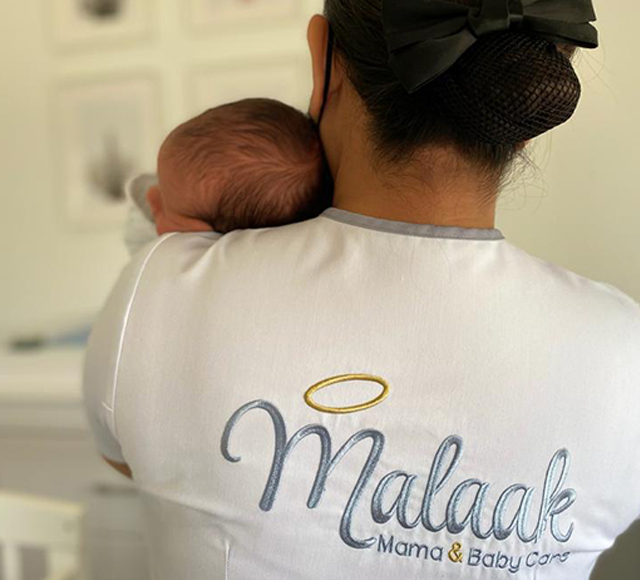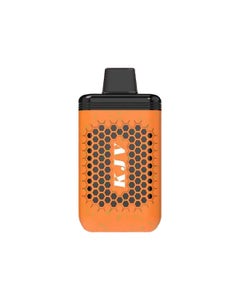
Maternity nurses play a critical role in caring for newborns and supporting new parents during the early stages of parenthood. In addition to providing routine care and guidance, these healthcare professionals are also trained to respond quickly and effectively in emergency situations. Infant CPR (Cardiopulmonary Resuscitation) is a lifesaving skill that maternity nurse Dubai should possess, as it can mean the difference between life and death in the event of a medical emergency.
Rapid response to cardiac arrest:
Infant CPR training equips maternity nurses with the knowledge and skills needed to respond rapidly to cases of cardiac arrest in newborns. In the event that a baby experiences sudden cardiac arrest or stops breathing, prompt administration of CPR can help restore circulation and oxygenation, increasing the chances of survival.
Basic life support techniques:
Infant CPR training covers basic life support techniques tailored specifically to the needs of newborns. Maternity nurses learn how to assess a baby’s condition, perform chest compressions, deliver rescue breaths, and use automated external defibrillators (AEDs) if available. These skills are essential for maintaining circulation and oxygenation until advanced medical help arrives.
Confidence and competence in emergencies:
By undergoing infant CPR training, maternity nurses gain confidence and competence in responding to emergencies involving newborns. This enables them to remain calm and composed in high-pressure situations, ensuring that they can provide timely and effective care when it matters most. Confidence in CPR skills also instills trust and reassurance in parents, who rely on nurses to safeguard the health and well-being of their newborns.
Collaboration with healthcare teams:
Infant CPR training fosters collaboration and coordination among healthcare teams, ensuring a smooth response to emergencies involving newborns. Maternity nurses learn how to communicate effectively with other healthcare professionals, including doctors, paramedics, and emergency medical technicians (EMTs), to ensure that the baby receives complete care and support.
Empowering parents with knowledge:
Beyond providing direct care to newborns, maternity nurses play a crucial role in educating parents about infant CPR and emergency preparedness. By sharing their knowledge and expertise, nurses empower parents to recognize signs of distress, perform CPR if necessary, and take appropriate action in emergency situations. This proactive approach helps parents feel more confident and capable in safeguarding their baby’s health and safety.







